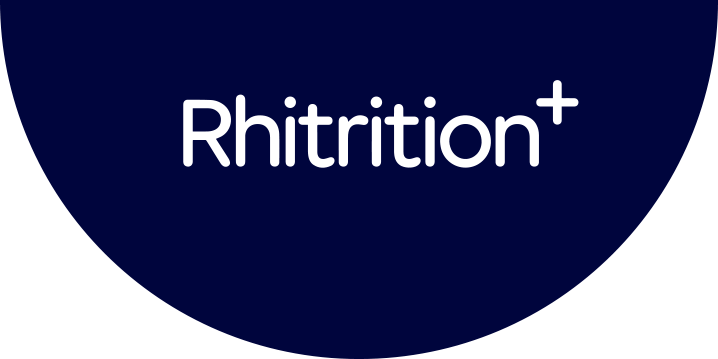Selenium: Needs, Sources, Benefits & Deficiency
Article by Rhiannon Lambert, BSc MSc RNutr
What is selenium?
Selenium is an essential mineral which, despite needing only a small amount, it’s vital for metabolic health and thyroid function. It is a vital component of various proteins and enzymes which help to make DNA and also protects against infections and cell damage.
Why do people take selenium?
I am sure many of us have never really given selenium much thought. Maybe you’ve never even heard of it before. But this mineral is essential for good health, so why are we not talking about it more?
Selenium plays a crucial part in a number of bodily processes. It’s vital for the production of thyroid hormones and in the synthesis of DNA. It’s also important for helping the immune system to work correctly, preventing damage to cells and tissues, the production of thyroid hormones, and promoting the health of the reproductive system!
Can you get selenium from foods?
Oysters
Brazil nuts
Yellowfin tuna
Halibut
Sardines
Eggs
Sunflower seeds
You can also find selenium in many fruits and veg, as soils contain compounds known as selenites and selenates. This means the selenium content of plants depends on that of the soil they grow in, and the selenium content of animals depends on that of the soil, which the plants they eat grow in.
Plants that are growing in this soil absorb and accumulate these molecules and then convert them into slightly different forms. Therefore the amount of selenium in plant sources depends on the amount in the soil.
In animal tissues, most selenium is in the form of selenomethionine, which can be incorporated with the amino acid methionine in body proteins.
How much selenium should you take?
According to the NHS, if you eat meat, fish or nuts regularly then you should be able to meet the daily recommended nutrient intake (RNI):
60mcg for women
75mcg for men
This is especially true in the modern western world, where our consumption of animals is high. However, for those who reduce their meat consumption (which we are all being encouraged to try) or follow vegetarian or vegan diets, dietary sources may not be enough, and a selenium supplement may be needed. Also, surveys suggest that UK soils are deficient in selenium, subsequently reducing the amount in the foods we eat.
What are the risks of taking selenium?
It is important to note that no more than 400mcg should be consumed per day as this can be toxic or even fatal. The Department of Health and Social Care in the UK suggests that taking 350mcg or less of selenium each day is unlikely to cause any harm.
Brazil nuts are particularly high in selenium (in fact just two brazil nuts per day provides you with your recommended daily intake) so should be eaten in moderation to avoid toxicity.
Selenium deficiency
Selenium deficiency is very rare but those who follow a plant-based diet or have certain medical conditions, such as kidney failure are at an increased risk, so a selenium supplement may be necessary here.
Those that are experiencing additional health stresses may be at risk of more serious illness with selenium deficiency. For example, selenium deficiency alongside a viral infection can cause Keshan disease, which affects the heart.
Male infertility is also associated with selenium deficiency, which may also play a role in Kashin-Beck disease, a type of osteoarthritis that is present in certain areas of China, Tibet, and Siberia.
Evidence
https://www.healthline.com/nutrition/selenium-benefits
https://www.hsph.harvard.edu/nutritionsource/selenium/
https://www.bda.uk.com/resource/vegetarian-vegan-plant-based-diet.html
https://ods.od.nih.gov/factsheets/Selenium-HealthProfessional/


